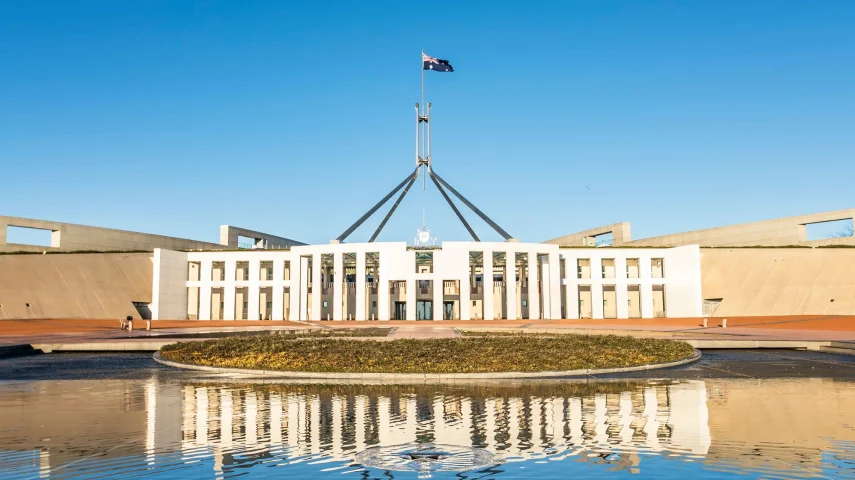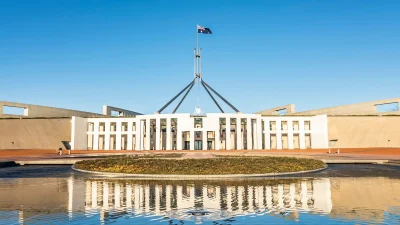Government releases $3m super tax reform draft legislation



The Federal Government has released exposure draft legislation towards doubling the concessional tax rate for super balances exceeding $3 million.
It is consulting on the Treasury Laws Amendment (Better Targeted Superannuation Concessions) Bill 2023 (the Bill) and the Superannuation (Better Targeted Superannuation Concessions) Imposition Bill 2023 that would lift the tax rate from 15 per cent to 30 per cent for those with multi-million super balances.
The revised rate, which would apply from July 2025, was announced by Prime Minister Anthony Albanese and Treasurer Jim Chalmers in February this year.
The rate would not be retrospective, applying only to future earnings, and was expected to impact 0.5 per cent of superannuation accounts, or roughly 80,000 Australians.
“The Bill reduces the tax concessions for individuals with a total superannuation balance (TSB) above $3 million by imposing an additional 15 per cent tax on certain earnings under a new Division 296 of the Income Tax Assessment Act 1997,” the consultation stated.
“The Bill also amends several Acts to include provisions relating to the calculation of earnings, withdrawals and contributions, modifications for earnings of certain constitutionally protected interests, debt deferral provisions for defined benefit interests in the pre-end benefit phase, and changes to the definition of TSB.
“Special rules for modified treatment of defined benefit and some retirement phase interests, including the valuation of such interests, will be addressed through specific provisions in subsequent regulations.”
The consultation will close on 18 October 2023.
Previously, Labor’s super tax legislation faced a roadblock from the federal Greens who announced its support for planned changes to super tax concessions will be contingent on ensuring super on paid parental leave (PPL).
It said it would use its Senate balance of power to hold up proposed changes to the tax treatment of large superannuation accounts until the government puts super on PPL.
Based on modelling, the reform is expected to generate revenue of about $2 billion in its first full year of revenue. Meanwhile, paying super on PPL would cost the government less than 10 per cent of that, an estimated $200 million per annum according to the Association of Superannuation Funds of Australia (ASFA).
“The Greens will use our balance of power in the Senate to ensure the government makes superannuation on Paid Parental Leave a priority reform, as part of its changes to super,” said Larissa Waters, Greens leader in the Senate and spokesperson on women.
“This is such a timid proposed change to the tax concessions the obscenely wealthy receive. If Labor is not going to improve it, the least they can do is put it to good use.”
Recommended for you
AMP is to launch a digital advice service to provide retirement advice to members of its AMP Super Fund, in partnership with Bravura Solutions.
Unveiling its performance for the calendar year 2024, AMP has noted a “careful” investment in bitcoin futures proved beneficial for its superannuation members.
SuperRatings has shared the median estimated return for balanced superannuation funds for the calendar year 2024, finding the year achieved “strong and consistent positive” returns.
The second tranche of DBFO reforms has received strong support from superannuation funds and insurers, with a new class of advisers aimed to support Australians with their retirement planning.














Gotta love that communist government.
"The Bill also amends several Acts to include provisions relating to the calculation of earnings" - anyone read through the details to see if this mean changes to how the 15% tax rate applied to taxable income of super funds with TSB below $3MM is calculated? The example provided previously regarding how the 30% rate would be applied to super funds with member balance above $3MM seemed to indicate it would now be taxing unrealized capital gains (ie. overall change in TSB would be treated as taxable 'earnings') rather than the normal method of applying tax rate to taxable income (eg. realized CG and dividend income, interest, rent etc.) If the 'other changes' mean that the normal 15% tax rate gets applied to all 'change in value' of super funds with member balances below $3MM this will be a major tax grab that will affect all super members, not just those with high super balances (over $3MM).
My SMSF has developed a notable sag over the last year due to my reliance on what might laughingly be described as shares with growth potential. I won't go anywhere near the $3 million cap but for those that are there and who will be taxed on the recovery (?) in the prices of their assets I cannot imagine anything more iniquitous. Such injustices cannot be allowed to stand.
How do you invest for the long term if you're forced to sell down assets to pay for the extra 15 tax. Increases the investment risk exponentially and creates unfair playing field
Agree with you Denial, such a policy would demand that potential tax demands be covered at the end of every financial year, completely contrary to the idea of investing for the long term.